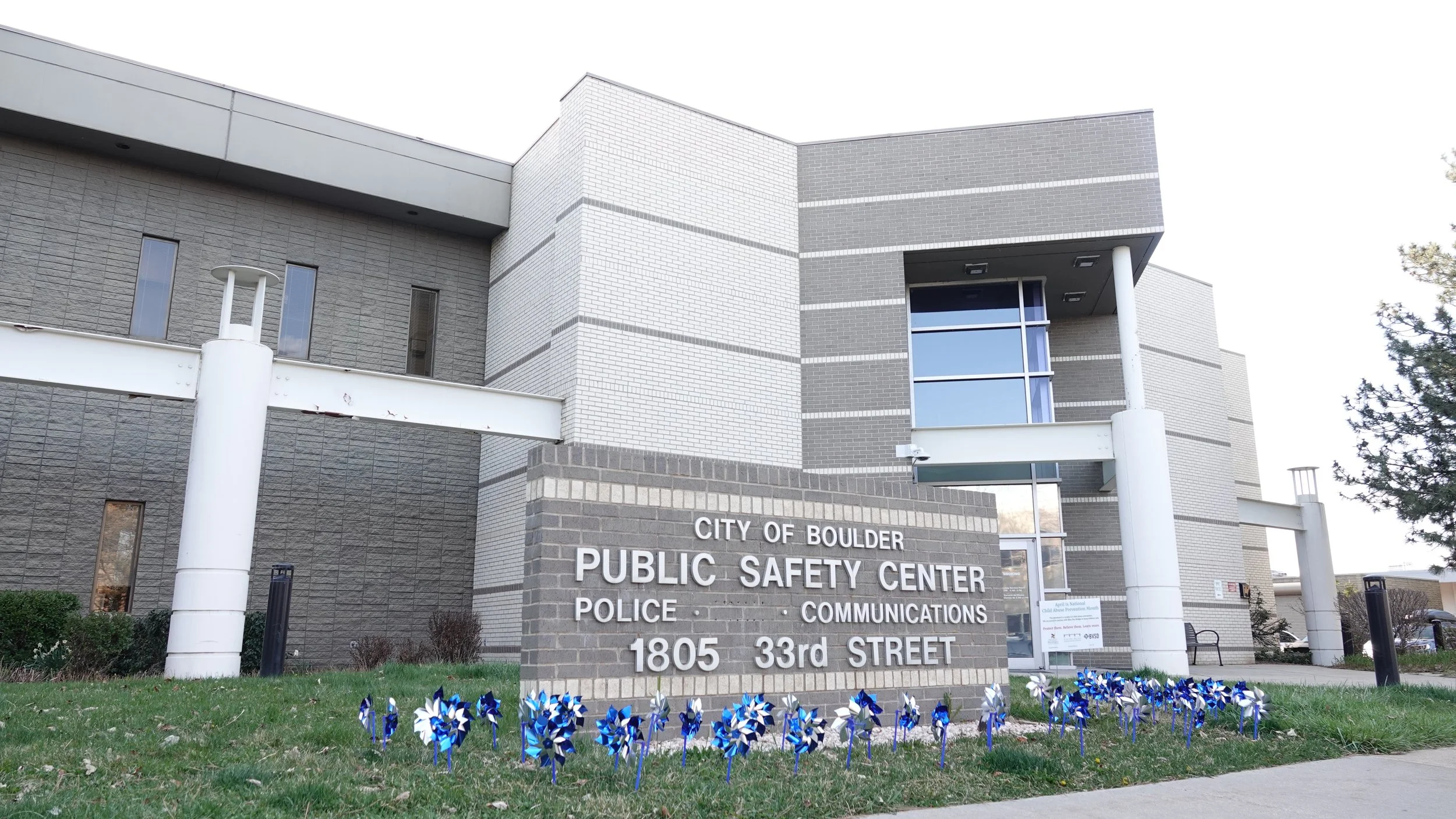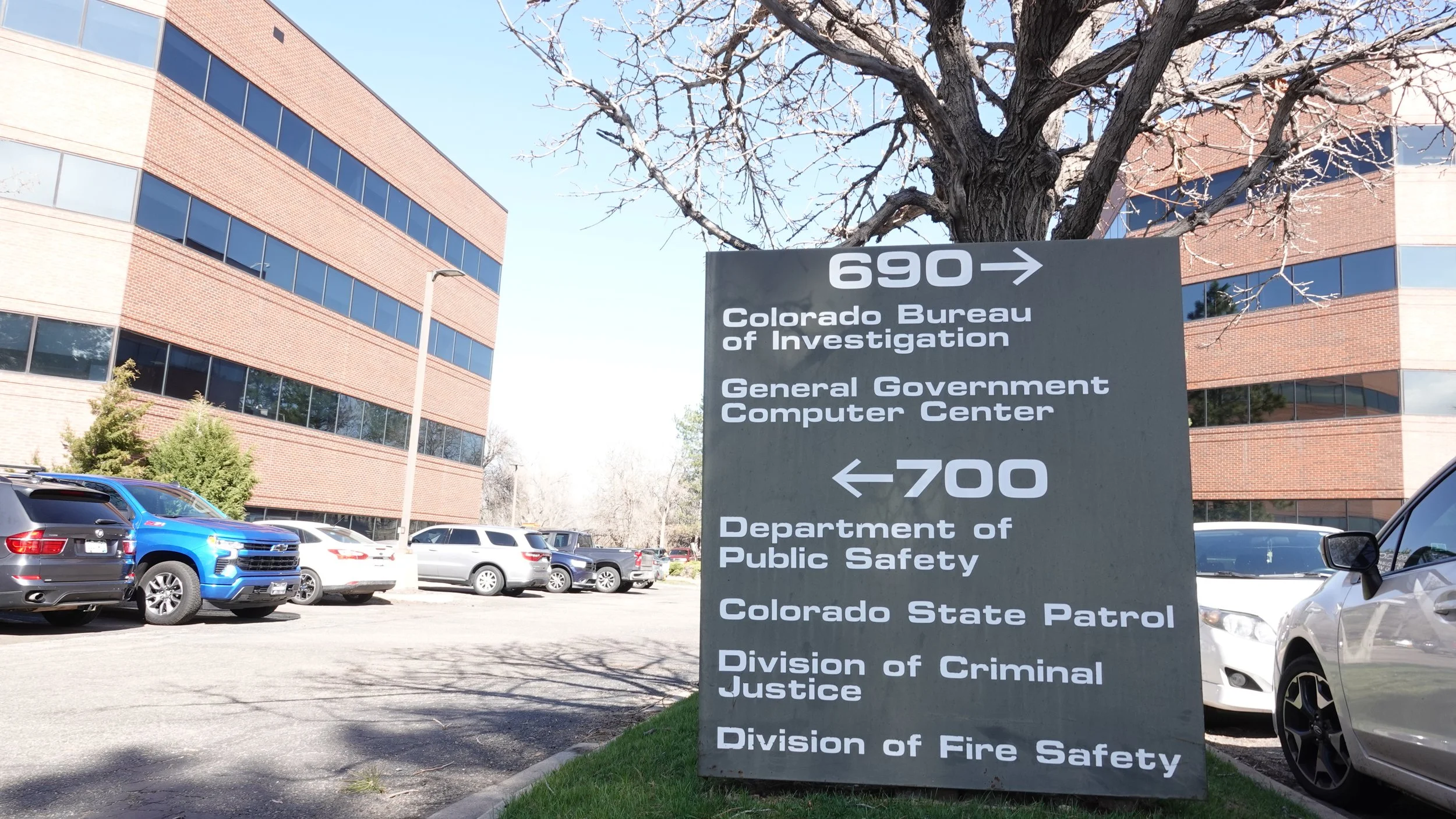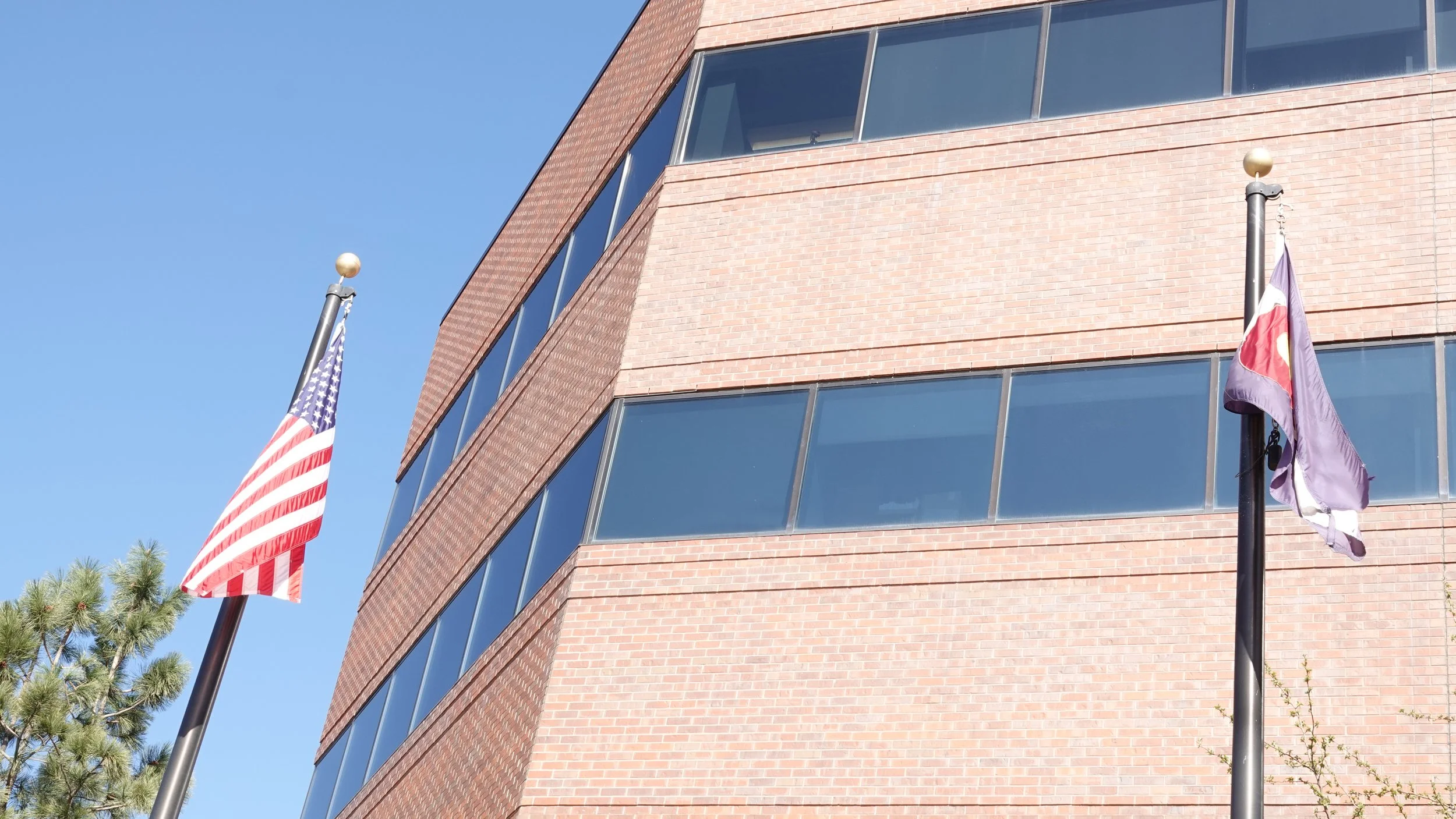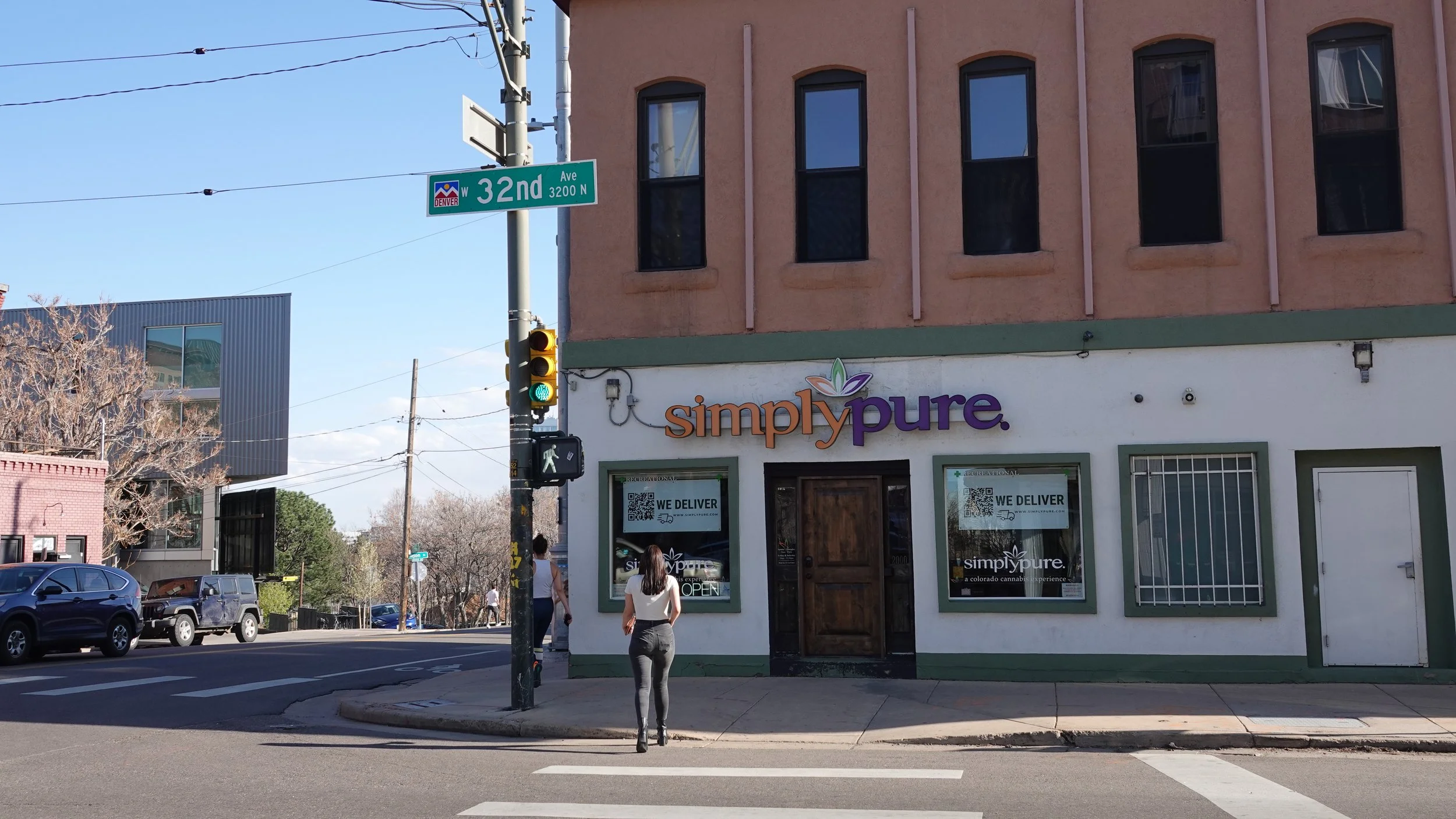Colorado’s Racial Disparities Among Marijuana Offenses Persist Despite 10 Years of Legalization
Over 10 years ago, the Colorado legislature relieved the conscience of almost all pot smokers, through Colorado Amendment 64, that legalized recreational marijuana possession and use for those over the age of 21.
Despite the fact that marijuana related arrests have seen a drastic decrease since Colorado legalized the popular plant, racial disparities among these arrests continue to exist. These racial disparities are apparent in many states where marijuana is legal, but are especially shocking in Colorado, one of the first states to legalize marijuana
The offenses that these disparities exist amongst is smoking marijuana in public, illegally selling marijuana, having over the allowed amount of marijuana, driving while under the influence of marijuana, and under age possession and/or consumption of marijuana.
“As it is not illegal to possess, we only write tickets occasionally for smoking marijuana in public or someone having more than the allotted number of marijuana plants in their home,” stated Boulder Police Chief Stephen Redfearn.
The entrance of the City of Boulder’s police department on April 11, 2024.
The concept of these racial disparities among a variety of different criminal offenses tends to appear controversial, as people have differing opinions as to why these disparities are occurring. Some people believe that this is due to racism, especially systematic racism in police forces, while others believe it is purely coincidental because of higher police presence in poorer communities.
“With police spending more time in low-income and often more diverse neighborhoods, they may have encountered people using marijuana and written tickets, etc. when they wouldn’t have done so in a more wealthy area,” stated Redfearn
Although, some believe that the concept of police forces being more present in Black communities also stems from racism, regardless of them being a low income neighborhood. The counterargument is that an enhanced police presence in Black communities is the expected result of a raised police presence in all low income areas.
Even though a stronger police presence in these neighborhoods is controversial to some, many Black people have stated that they believe the level of police presence is beneficial and something that should not change.
Regardless of what the cause is that affects the amount of police presence in certain neighborhoods, there is an undeniable higher police presence in Black neighborhoods.
The Colorado Bureau of Investigation makes yearly reports regarding racial disparities among marijuana related offenses and arrests. Colorado’s Department of Public Safety’s Division of Criminal Justice analyzes these records.
The Department of Justice’s different building divisions in Denver, Colorado on April 15, 2024.
The Division of Criminal Justice states on its websites the driving factors for why there is disproportionate minority contact within the criminal justice system, especially among minority youth. These factors listed include system bias, socioeconomic status and family structure, lack of adequate resources, educational system failures, community risk factors, and over involvement in crime.
According to the records obtained and analyzed by the Colorado Division of Criminal Justice, there has been a 83.8% decrease in marijuana related arrest rates since 2012 for all racial demographics in the state of Colorado.
Flags of the United States and the state of Colorado fly outside the Division of Criminal Justice in Denver, Colorado on April 15, 2024.
This data obtained also shows that the amount of arrests being made for marijuana related offenses have trended consistently downward since 2016, but in 2022, arrests among both the Black community and White community increased from 2021.
Despite changes in trends among these rates, a trend that consistently appears among the data over these 10 years is the Black community is almost always doubling the arrest rates for the same crimes in the white community.
(Hannah Brennan)
“We're the major ones that are getting arrested and sent to prisons, which is, you know, modern day slavery in regards to using something that has been legal since 2012,” said Rashad Younger, the 2nd vice president and press secretary of the Rocky Mountain NAACP.
Black people are 3.73 times more likely to be arrested for possessing marijuana than white people in the United States. Many might say this is attributed to systematic racism within our country and government.
Josh Jackson, The Rocky Mountain NAACP Criminal Justice Chair, stated, “When we talk about systematic racism, the marijuana industry is a case example of what that looks like… First, we have a war on drugs and we go and arrest a bunch of people for trafficking marijuana, possessing marijuana and smoking marijuana and selling marijuana…and then we decide, it's really not that harmful. Let's legalize it, and then we legalize it. And we create a bunch of regulations and benchmarks that block out the same people that have systematically been criminalized for this… so now we have a booming multibillion dollar industry. And when you start talking about equality and DEI in this space, we're 15 years behind already in an emerging industry that is still emerging, still growing, still with huge economic potential. That's something that really needs to be discussed.”
Not only is systematic racism able to affect the Black community within the criminal justice system, but it also can play a part in the economic growth and development in the Black community.
“These are the things that we need to be discussing when we talk about systematic racism, and how that affects us economically in the economic totem pole, and how it blocks us out of industry. And that's what we're seeing happen in the marijuana industry blatantly. In our faces,” said Jackson.
As Jackson mentioned, not only are these disparities and institutional blockades affecting the rates at which the Black community is arrested when it comes to marijuana, but it also affects the Black community from being able to be successful entrepreneurs in the regulated marijuana industry.
“It always comes down to money as to what keeps people out… access to capital,” said Wanda James, owner of Simply Pure, the first Black owner of a dispensary in the United States.
A customer walks into Simply Pure, the first ever black-owned dispensary, in Denver, CO owned by CU Boulder regent and alumna Wanda James on April 15, 2024.
James stated, “It's just easier when you think about your circle of people, your circle of influence, or where you can raise money. And since you can't go to a bank with a good idea, and it's all private equity, obviously, who are the wealthiest amongst us? Oh, white men.”
While police departments and different companies are installing Diversity, Equity, and Inclusion programs and training into their environments, taking legal action such as trying to get legislation in place that can help limit these disparities may be more of an effective route.
“There has to be some changes and that's one of the things that we're fighting for, is to be able to make sure that…from the Legislative slide, all the way down to the grassroots activism, that we're fighting for our community and being able to accomplish success in all areas and all aspects,” said Younger.
Younger continued, “Being able to make sure that we are putting pressure on our State Capitol, we'll be able to make sure that we have bills in place to be able to change this...this point that we're dealing with and be able to make sure that…we can change those things because those arrest records are ridiculous.”
The hope is that the Black community can have a place in the marijuana business, while also not being subject to more scrutiny than anyone of a different racial demographic while choosing to consume and possess marijuana
“It's like every day, there's something that we have to try to face, that we have to try to fight against. And this is one of the things that… we need to pull all our organizations that are fighting for social justice, for the black community to be able to make sure that we're not missing the ball,” said Younger.




